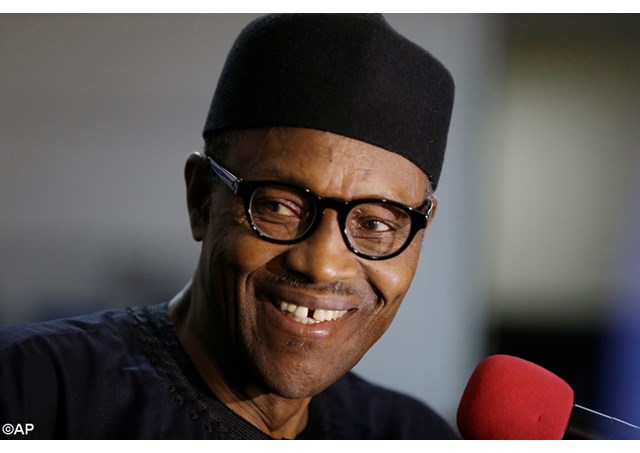
Nigeria Election Analysis -After Jonathan, Buhari

As Muhammadu Buhari sat in front of the TV watching his election victory unfold, Nigeria's new president took care to be photographed beside a Muslim elder and a Bishop, a statement of unity in a religiously mixed nation.
More importantly for investors, over the left shoulder of the purple-robed Bishop was a figure in a sharp grey suit: Aliko Dangote, Nigeria's most celebrated business magnate and Africa's richest man.
An ascetic former military ruler, Buhari built his stunning electoral landslide on promises to clean up Nigeria's notoriously messy politics and get tough on the Boko Haram insurgency raging in the northeast. He returned to those themes in his first official speech as president elect, stressing a zero tolerance approach to corruption and saying he would "spare no effort" to defeat the Islamist militants who have killed thousands in the northeast.
It is less clear what his victory means for Africa's biggest economy, under pressure from the collapse in the oil price, but Dangote's presence in the sandal-wearing general's inner circle at his moment of triumph looks reassuring. In the most glaring endorsement of Buhari - as well as relief that the elections avoided the violence of previous polls - the stock market leapt more than 8 percent in the immediate aftermath of his win.
Bonds also climbed, while the naira, which has lost 20 percent of its purchasing power in two devaluations since November, gained 0.5 percent on the black market to 217 to the dollar. It remained fixed at 197 in official interbank trade.
But Buhari faces many dark clouds on the horizon. From President Goodluck Jonathan, who stunned Nigeria's 170 million people with a gracious concession speech, Buhari inherits an economy decelerating sharply from the 7 percent annual growth to which it has become accustomed.
Standard and Poor's cut Nigeria's credit rating two weeks before the vote and Fitch lowered its outlook on the eve of the polls - both moves that will increase Abuja's borrowing costs.
Meanwhile, the oil price languishes at around $55 a barrel, half its level of a year ago and a massive blow to a country that relies on crude sales for 80 percent of government revenues and 95 percent of foreign exchange. Foreign reserves have dropped by a third in the last year to below $30 billion. Against such a backdrop, Buhari - now free of the need to get elected - will have few options but to cut Nigeria's cloth to a more appropriate size, analysts say.
In practical terms, that means cutting government spending, hammering the corruption that overshadows every facet of life, and letting the naira find a more stable - and lower – footing to stem the bleeding of central bank dollar reserves.
Meanwhile, Nigerians who have for the first time realised the power of an unfettered ballot box will be breathing down his neck demanding results.
(Ed Cropley, Reuters)
e-mail: engafrica@vatiradio.va
| All the contents on this site are copyrighted ©. |


